Power, Secrets, and Rivalries: Unraveling the Legacy of J. Edgar Hoover in Clint Eastwood's Cinematic Exploration
- Nov 25, 2024
- 0
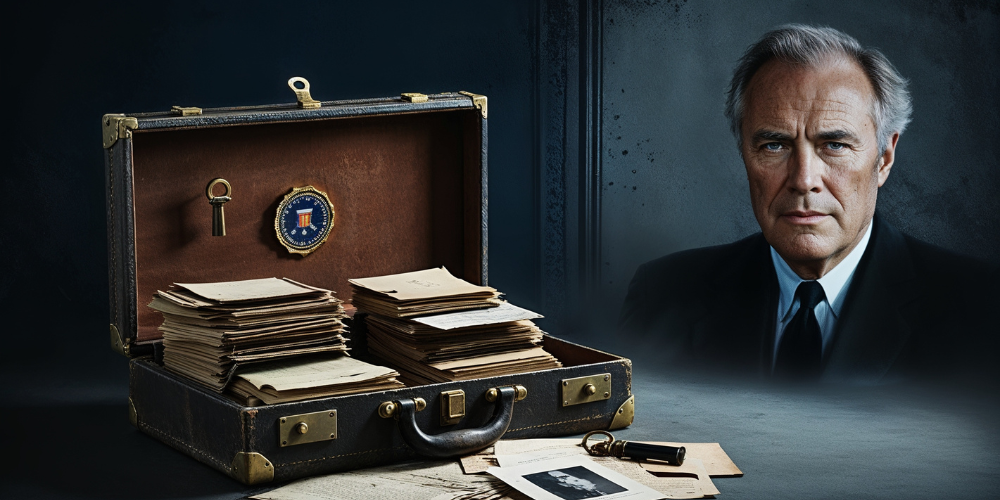
J. Edgar Hoover is a name that evokes a complex mix of fear and respect — a individual who maintained a firm control over the FBI for decades. His secrets and political maneuvering not only shaped American law enforcement but also placed him in direct opposition to certain of the most powerful individuals in the country. Among these was a former U.S. president, whose rivalry with Hoover was intense and fraught with tension. This dramatic historical narrative became the canvas for Clint Eastwood's ambitious film, *J. Edgar*, illustrating the conflicts between personal ambition, political power, and the shadows of history. Eastwood’s movie doesn’t just depict Hoover's life; it dives into the emotional landscape that defined his controversial tenure and his fraught relationships, particularly with the Kennedy family.
Hoover's Influence: A Shadow Over Presidencies
For almost half the 20th century, J. Edgar Hoover held an undisputed reign over the FBI. His reign saw eight presidents come and go, with Hoover’s unique insights into their vulnerabilities often dictating the dynamics of power in Washington. This remarkable position bestowed Hoover with significant leverage, extending beyond simple law enforcement into the corridors of political influence.
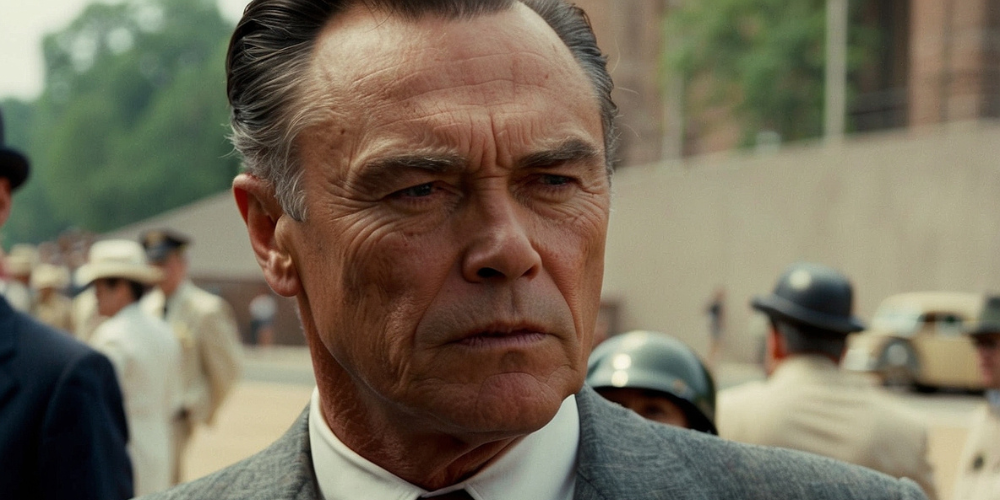
The High Stakes of Information Warfare
Hoover was not merely a bureaucrat; he was a master at gathering scandalous details about public figures. These pieces of information formed a potent tool in his arsenal, used to manipulate and control political narratives. In the film, this careful orchestration of secrets plays a vital role in showcasing Hoover's character and ethical ambiguities.
The Eastwood Vision
Clint Eastwood, a filmmaker with a track record of delving into morally gray characters, took a profound interest in portraying Hoover’s life. The film *J. Edgar* was not just a biopic but an exploration of darker themes. Eastwood aimed to highlight the psychological complexities underpinning Hoover's enigmatic persona.
The Power of Memory and Perception
A particularly captivating feature of the film is its re-examination of historical events through Hoover’s eyes. Eastwood wanted the audience to grapple not only with what happened but also with how Hoover himself remembered and interpreted these events — a man who was always keen on preserving his legacy.
Emotional Depth in Storytelling
From his first exploration of Hoover's complex psyche, Eastwood sought an emotional truth. His collaboration with screenwriter Dustin Lance Black was instrumental in unearthing layers of Hoover's life that were less frequently discussed. The focus was not just on Hoover’s actions but also on the motivations that lay beneath them.
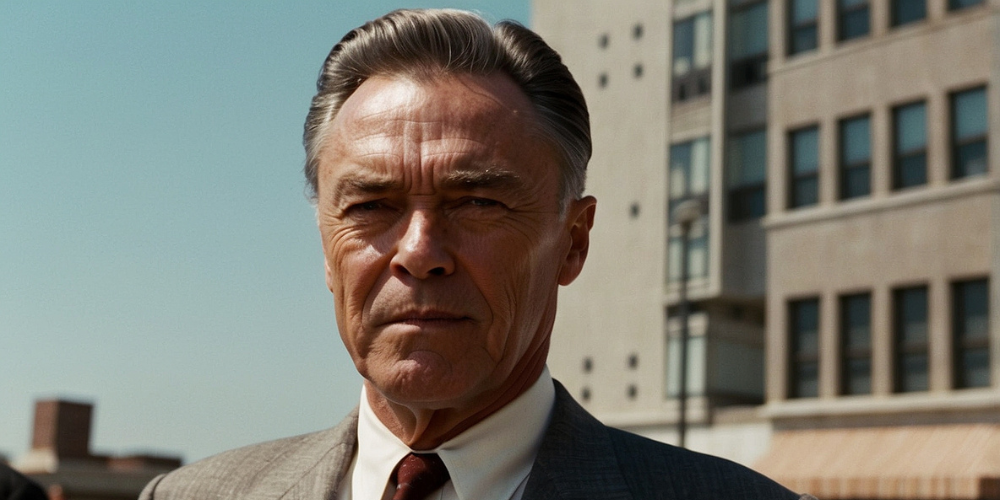
The Rivals: A Tense Dynamic
The relationship between Hoover and the Kennedy family, especially Robert F. Kennedy, is pivotal in understanding this historical rivalry. In a key scene of the film, Hoover coldly addresses RFK about his brother’s death, illustrating a profound contrast between Hoover's steadfast control over the bureau and the fleeting nature of political power.
A Radical Historical Perspective
Instead of painting the Kennedys solely as victims of Hoover’s ruthless tactics, Eastwood presents them as multi-faceted figures embroiled in a larger game of political chess. This nuanced portrayal prompts the spectators to rethink their understanding of both sides of the rivalry.
Power vs. Vulnerability
The emotional core of *J. Edgar* engages with themes of power dynamics and vulnerability. Hoover’s penchant for secrecy serves as both his armor and his downfall. He guarded his vulnerabilities closely while orchestrating his public image, an act that offered a deeper understanding of his motives.
Exploring Hoover’s Humanity
Throughout the film, Leonardo DiCaprio's portrayal of Hoover reveals moments of intense personal conflict. Eastwood carefully crafts scenes that expose the loneliness and isolation that often accompany power, transforming Hoover from a simple antagonist into a complex character molded by both ambition and desperation.
Historical Chills: The JFK Assassination
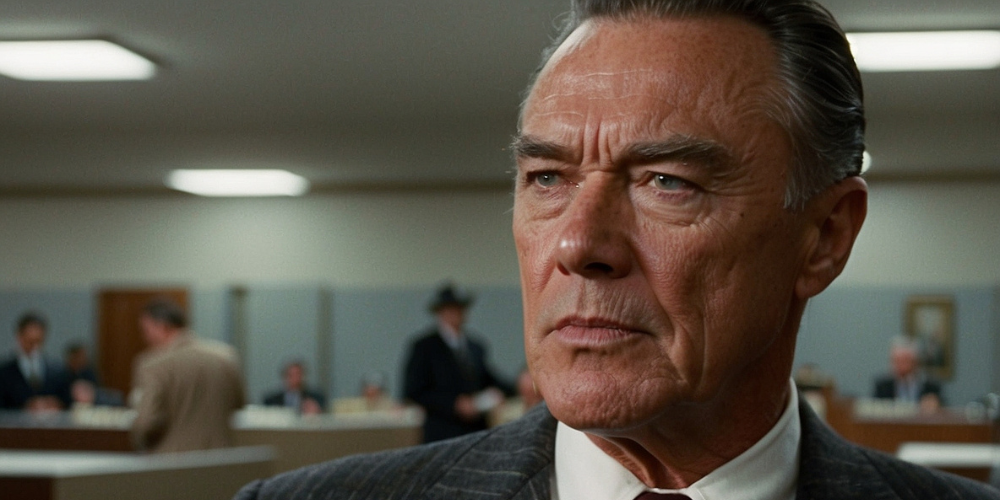
One of the film's most harrowing sequences addresses the murder of President John F. Kennedy. Rather than simply recount the event, Eastwood frames it within the deeper narrative of Hoover's relationship with the Kennedy administration, allowing the audience to witness the profound implications on the political landscape.
Answering Difficult Questions
By merging historical detail with dramatic storytelling, *J. Edgar* raises challenging questions about ethics, legality, and morality. What could justify Hoover's methods? Were they merely tools of a dedicated public servant, or evidence of a man corrupted by power?
A Clash of Cultures
The struggle between the rigid bureaucratic world of Hoover and the charismatic political image of the Kennedys creates a cultural clash that enriches the narrative. Each character embodies different facets of American identity, allowing for a deeper exploration of what it means to lead.
Hoover vs. The American Mythos
As the embodiment of law enforcement, Hoover also personified the complexities of American values and ethics. His legacy leads to an intense discussion about the essence of fairness and the part played by those who enforce it, making his life story relevant even in modern discourses about power.
Audience Perception: A Legacy Redefined
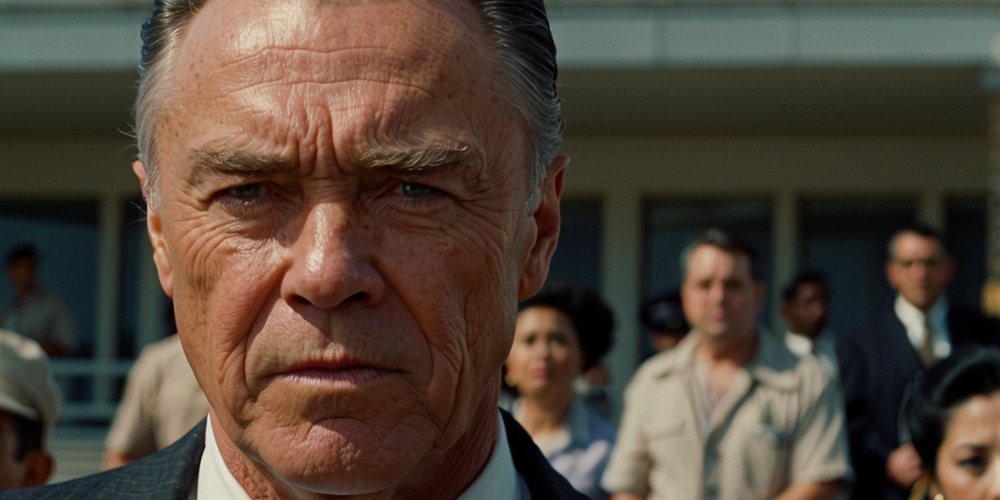
Eastwood's *J. Edgar* strives not only to inform but also to challenge perceptions of Hoover's persona. By allowing viewers to peer into his world, Eastwood redefines Hoover not simply as a powerful official but as a deeply flawed human whose secrets ultimately shaped the narrative of an era.
The Creative Forces Behind Cowboypool
In a lighter twist on Eastwood’s legacy, the emergence of Cowboypool makes waves in pop culture, provoked by Jonay Bacallado's innovative concept art that melds Deadpool's chaotic universe with classic Western aesthetics. This homage signals a journey through various realms of storytelling, further showcasing the potency of character exploration.
Final Reflections: The Elephant in the Room
In conclusion, *J. Edgar* serves as a powerful perspective that allows us to examine the interaction between personal and political rivalries. Whether examining Hoover's enigmatic hold on power or the consequences of his decisions, Eastwood offers audiences a thought-provoking narrative that prompts reflection on trust, loyalty, and the moral questions of leadership. Through layered storytelling and memorable portrayals, the film leaves an indelible mark on viewers, compelling them to reckon with the complexities of history long beyond the credits.
